IMPLEMENTANDO O USO DE LEGO® SERIOUS PLAY PARA POTENCIALIZAR O DESENVOLVIMENTO E TESTE DE PROTÓTIPOS EM UM ATELIÊ DE SOFTWARE
INTRODUCTION: In 2023, the global mobile app market was US$3,884.3 million and is projected to reach US$7,769.16 million by 2028, growing annually by 12.25%. This growth highlights the need for skilled developers. PUCPR and Apple launched the Apple Developer Academy to meet this demand. Using Challenge Based Learning (CBL), students develop and publish apps, working on challenges guided by mentors. The Academy focuses on creating innovative apps and transforming programming courses into a mobile software factory, introducing roles like devigner (developer + designer) and engaging in reflective practice. Previous research by the Software Engineering Research Group (GPES) of PPGIa confirms the effectiveness of these methods in developing technical and soft skills. Practices like reflective practice, the devigner role, and Business Challenges show positive results. Introducing new practices like Lego® Serious Play and Design Thinking for prototypes could enhance outcomes. AIMS: Implement the use of Lego® Serious Play to potentialize the development and test of prototypes in a software studio. MATERIALS AND METHODS: To maximize the results obtained in the software studio process, we chose Design Science Research (DSR) as the research method. DSR promotes problem-solving through practical exploration and artifact creation to improve specific contexts. We followed the following phases: Problem Conceptualization (describe the problem), Solution Design (map the problem to a general solution), Abstraction (identify critical design decisions), Instantiation (implement the solution in context), and Empirical Validation (evaluate the solution’s effectiveness). RESULTS: The results showed various advantages, challenges, and materials beyond Lego®. Additionally, the feelings each student had towards Lego® were explored. Examples from several students were provided to illustrate these points. FINAL CONSIDERATIONS: Lego® Serious Play proved effective for prototype development, especially regarding communication and flexibility. Despite some challenges, it was considered an excellent choice to avoid starting from scratch and enable rapid prototyping.
KEYWORDS: App Development Education; Challenge Based Learning; Lego® Serious Play; Game Interface Prototype; Hypercasual Game Development.




